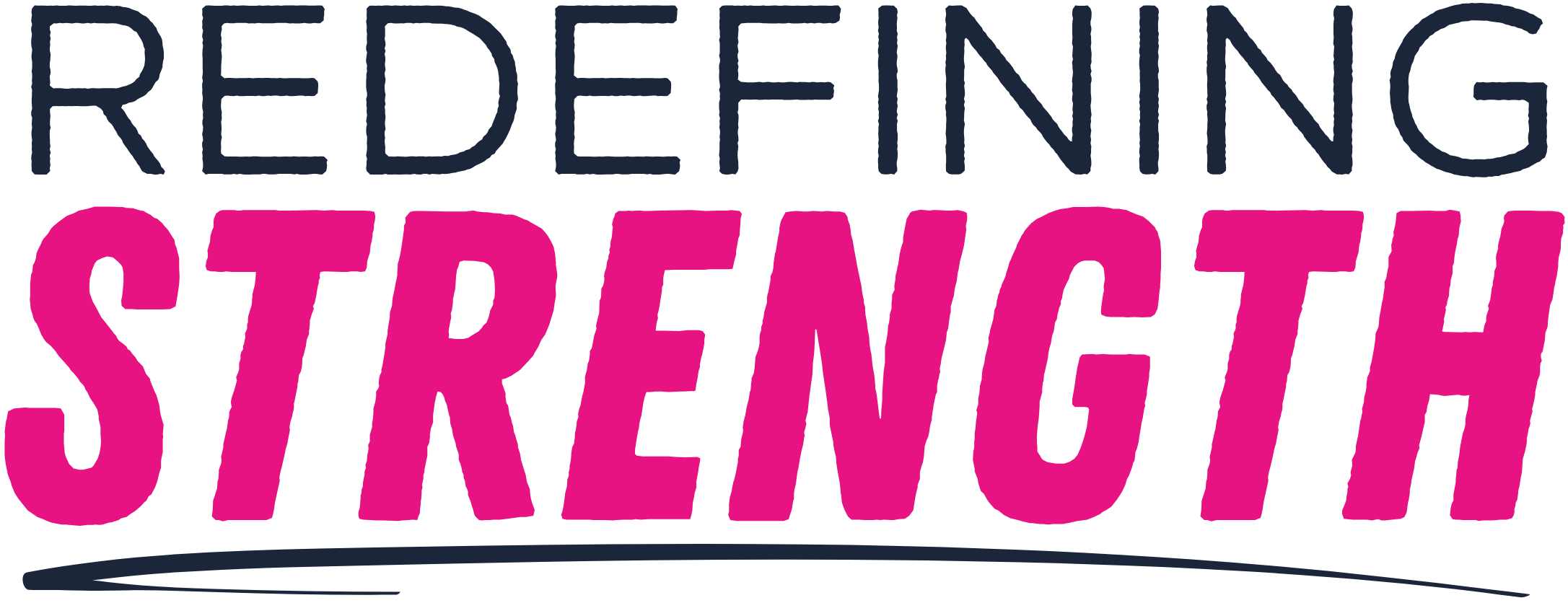
by Cori Lefkowith | Dec 4, 2022 | Blog, Diet, Exercises, injury-featured, Pain Relief
Let’s face it. Injuries suck but so often they aren’t what’s truly holding us back from losing weight. Often it’s a case of the more you do, the more you do…and our diet starts to slide as we’re thrown out of our normal routine. However, ultimately we can’t always...

by Cori Lefkowith | Nov 27, 2022 | Blog, Diet, Workouts
There is nothing worse than grabbing those cute pants out of the closet to put them on…and… AH! Not have them button! You so desperately wanted to wear them for your holiday party. Your reunion. That big birthday. Lucky for you, you have a bit of time to trim down and...

by Cori Lefkowith | Oct 16, 2022 | Blog, Diet, Exercises, Functional Fitness, menopause-featured, Pain Relief
“I’m too old to gain muscle.” Stop lying to yourself. Stop giving yourself an excuse to not work hard and move forward. Because while our body, needs and goals do change as we get older, and yes it 100% becomes harder to build and retain lean muscle, we can achieve...

by Cori Lefkowith | Oct 9, 2022 | Blog, Diet
If you want the best and fastest possible weight loss and fat loss results, you need to focus on two things when it comes to your nutrition… 1. Creating that small calorie deficit2. Increasing your protein Often creating that deficit is the easier part of the equation...

by Cori Lefkowith | Sep 11, 2022 | Blog, Diet, Exercises
We can be our own worst enemies when it comes to achieving the weight loss results we want. Often we keep ourselves stuck. We end up working super hard to ultimately derail our own consistency. We think, “Do more,” and often overhaul our entire lifestyle for some new...







